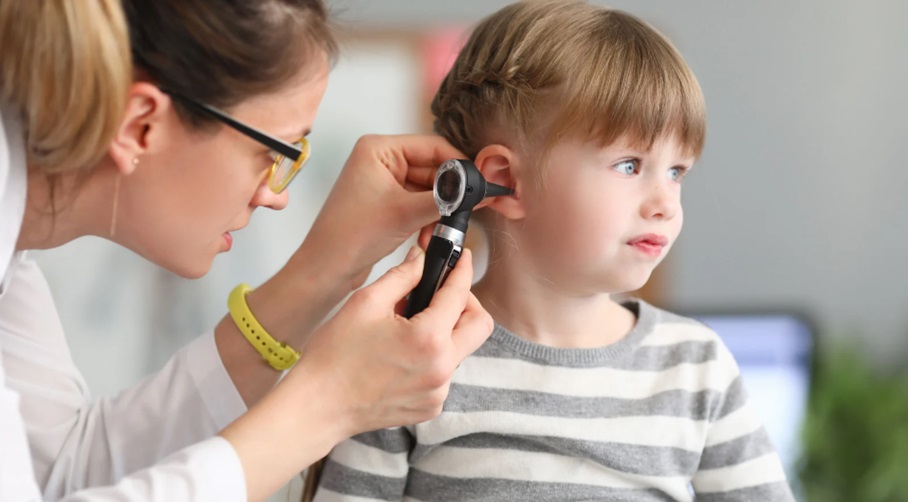Catching hearing issues in children early can make a world of difference in their development. Whether it’s speech, learning, or social skills, untreated hearing loss can lead to significant challenges. If you suspect your child might be experiencing hearing difficulties, consulting an ENT pediatric specialist in Atlanta can be the critical first step toward better outcomes.
Why Early Intervention Matters
Intervening early for hearing loss is essential because a child’s brain develops rapidly during the first few years of life. When hearing loss is left unaddressed, it can interfere with these crucial stages of growth. Children might struggle to understand language, which directly impacts their ability to communicate and learn. This, in turn, can lead to difficulties in forming relationships and performing in school.
By addressing hearing loss early, you provide your child with the tools and support they need to thrive. Whether it’s through hearing aids, therapy, or surgical options, the earlier a plan is in place, the better the long-term outcomes.
Signs Your Child May Need an ENT Evaluation
How can you tell that your child is struggling with hearing issues? There are many potential warning signs, such as delayed speech development, frequent ear infections, or difficulty responding to sounds. Babies might fail to react to their names or loud noises, while older children may have trouble following instructions or consistently ask for things to be repeated.
Understanding when to take your child to an ENT specialist means you don’t delay treatment.
Methods for Addressing Pediatric Hearing Loss
There are various approaches for managing hearing loss in children, depending on the diagnosis and its severity. Some conditions may be addressed through minimally invasive procedures, while others may benefit from hearing devices or therapeutic interventions. For instance:
- Hearing Aids: These are a common solution for children with mild to moderate hearing loss.
- Cochlear Implants: These may be recommended for children with severe or profound hearing loss.
- Speech Therapy: Since hearing difficulties often impact communication, therapy can support language development.
- Medical or Surgical Interventions: Some hearing issues stem from structural problems or recurrent infections, which can be treated surgically.
The key is individualized care tailored to your child’s specific needs. This is where specialized ENT services become invaluable.
Long-Term Benefits of Early Treatment
The advantages of tackling hearing loss early extend far beyond immediate communication improvements. Children who receive timely care are often better able to meet developmental milestones. They tend to interact more confidently with peers, excel academically, and develop stronger language skills.
For a deeper understanding of how ENT treatments can shape a child’s future, check out this guide on the long-term benefits of pediatric ENT treatments. The insights and examples underscore just how impactful early medical interventions can be.
Act for Your Child’s Future
Every child deserves the chance to communicate, connect, and thrive. If you notice signs of hearing loss in your child, don’t ignore them. The sooner you act, the greater the potential for positive outcomes. Seeking the help of experts ensures your child receives the care and tools needed to fully engage with the world around them.
Early intervention is not just important—it’s life-changing. By identifying and managing hearing loss promptly, you set the foundation for lifelong success and well-being.

Comments